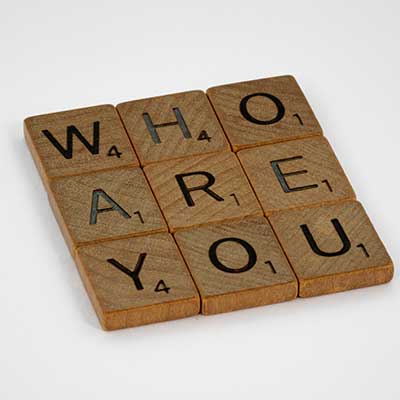
Contributor Ann Deer, Indigenous Recruitment and Support Coordinator in the Faculty of Law and the Smith School of Business at Queen’s University, discusses her experiences of being Indigenous within western education systems; attributing her strength and resiliency to the Mohawk women in her family who came before her.
“Go learn what the White Man knows and learn it better,” – Jake Swamp, Mohawk Traditional Chief, Wolf Clan 1942-2010
This is probably the one statement from my undergrad years at Trent University that will always stay with me. For the first time, an Elder, someone from my community was teaching me in a western setting and his words hit home. I was asked to write about my experience on campus with respect to diversity. My experiences here in the western education system go back to when I was young. A person does not experience life in a moment it is all the events that lead you to a moment that defines how you experience a situation.
For me a visible Mohawk woman, living as one with my traditions as much possible as that can be in a concrete world, I believe my experiences leading my moments in life go back to my ancestors and all they stood for.
I am a true believer that in order to be a leader, a teacher, and an advisor you must know yourself. To know yourself you must know your roots, what and who made you. I am Tewesaks, Wolf Clan of the Mohawk nation. I come from a long line of clan carrying women who in my opinion beat all the odds, because we were not wiped out of existence, we are still here.
When I was in elementary school we were brought in to the gym for a presentation on bullying. The counselor talked about stats (Don’t think anyone knew what he was talking about). But as this memory lived on in my mind I realize he was talking about us. Every one of us in that gym was a stat. He wanted us to know we had choices to make and those choices had consequences, but either way we make our choice we are always going to be seen as a stat. I now understand he was tired of our people being seen as the problem stat (welfare, prison and jail populations) and wanted to see our students turn these stats around through graduating high school. Graduating high school does not seem like a huge accomplishment to some, but when the schools were not required to hire qualified teachers and you are not expected to attend college, let alone university and have a career, graduating high school is a huge event. After all, you are just a stat to be dealt with.
I was lucky my mom against my wishes fought for me to attend a high school with all white kids (The nearby town was predominantly white). This school had a Chefs kitchen, dance, theater, a real automotive shop and an amazing art teacher who was the only other brown person I remember besides the four other indigenous students who attended with me. My high school life summarized as a stat: Five Indigenous students began high school together, two female three male. Two of us graduated and I was the only one not pregnant. Graduation was after the 90s crisis many who were not there refer to as the Oka crisis. My experience during that time is for another story.
Fast forward to taking the long way around to getting my Master’s in Education Leadership. After many, many rewrites and attempts to be employed in a University I get a call from Melanie Howard, Director of Access to Engineering. In the call she asks me why I did not indicate that I was Indigenous on my application. I said I did. That was a lie. I honestly thought that was a mistake in the application process and thought what does that have to do with my getting a job? Never helped me before. During my first interview to work here at Queen’s I was asked, “What is your definition of success?” My answer was, “This is; I am being interviewed to work at Queen’s University! Me, the little Mohawk girl, who was predicted through all the stats to be a young jobless uneducated single mom is being interviewed to work at Queen’s University!” Not an expected answer but it was the truth.
I am aware that when I enter a room I am the visible minority on campus. But that is okay with me, because I come from a long line of proud clan carrying Mohawk women, we are still here. I am living the dream my ancestors had for me and bringing many more with me.